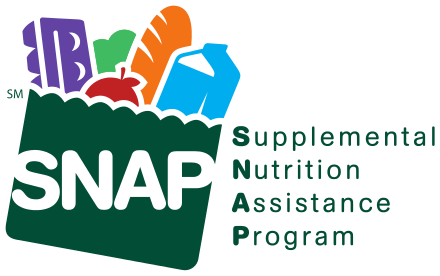The official name of the Food Stamp program.
From Robert Whitcomb's "Digital Diary,'' in GoLocal24.com
Maine deserves a lot of credit for seeking to improve the health of low-income people on Food Stamps while trying to cut the cost of the state-federal program in the Pine Tree State. (The federal government pays 100 percent of Food Stamp benefits but shares administrative costs with the state.)
The state wants to ban the purchase with Food Stamps of candy and soda. New York, Illinois and Minnesota have also sought approval from the U.S. Agriculture for similar bans.
Sadly, as anyone who watched checkout lines in supermarkets can confirm, many people buy lots of candy, soda and other junk food with Food Stamps. But consuming candy and soda, whatever the quick pleasure they provide, do far more harm than good, among other things in raising the incidence of obesity and diabetes, which are epidemic in America, where poor people tend to be fatter than more prosperous ones. The science is clear.
When Food Stamp recipients get sick because of their over-consumption of this junk, the taxpayers must pay for much of the cost of their care through Medicaid.
As Maine Gov. Paul LePage (a Tea Party Republican!), said the other week: “The time has come to stand up to Big Sugar and ensure our federal dollars are supporting healthy food choices for our neediest people.’’
Seems very fair and reasonable.
But the U.S. Department of Agriculture, which oversees the Food Stamp program, has rejected Maine’s request, using such vague excuses as concerns about administrative costs for retailers and the alleged difficulty of deciding on which products to take off the Food Stamp list. But seems to me that these problems, especially in the computer age, can be very easily overcome. And again, the science on the effects of consuming large quantities of candy and soda are clear.
I suspect that the USDA’s opposition to Governor LePage’s proposal reflects the Trump administration’s disinclination to displease the powerful U.S. sugar lobby, based in swing state Florida, and other players in the junk-food world.










